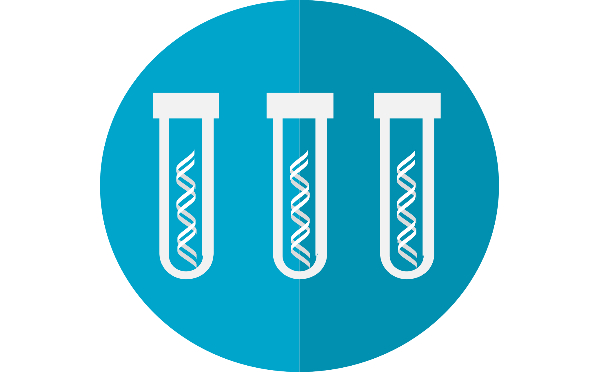Home testing is convenient but requires professional help for interpreting results and addressing privacy concerns. Holds promise for personalized medicine.
Genetic Methylation tests help to understand one’s genetic composition and overall health by offering people, for the first time in history, exceptional insights into their gene constitution.
This new revolutionary approach is based on epigenetics, a complicated area of science that deals with methylation, which has a direct impact on gene expression and cellular mechanisms.
This is a biochemical process whereby methyl groups are added to DNA. Gene expression, as included in the genetic code, is controlled by this process. Methylation patterns can differ significantly between individuals, depending on certain genetic factors and environmental influences.
Significance of Genetic Methylation Tests
DNA methylation patterns are analysed during genetic methylation testing to give insight into someone’s health. Through these tests, risk factors for various conditions, such as cardiovascular diseases, including cancer, or even neurodegenerative maladies, can be identified by studying the patterns. Knowledge of methylation patterns aids in an individual initiative toward good health status maximization.
The biggest achievement in genetic methylation testing is the introduction of home test kits. With these tools, one can collect a sample of saliva or even swab the inner surface of his/her cheek in his/her own comfort zone without attending clinical visits.
After this, samples are then taken to labs for testing, making it possible for more people to access genetic methylation examination.
Interpretation of Test Results
Nevertheless, understanding the results of genetic methylation tests might be difficult. Sometimes, the test results show differences or other abnormal methylation that may require professional interpretation.
Thus, healthcare providers play an important role by helping patients interpret their test outcomes and design individualized health plans based on their genetic profiles.Concerning privacy and ethical issues, it is important to note that just like all other forms of genetic testing, including those done through genetic methylation tests, it raises various concerns.
People must be well informed about what it means to undergo such a procedure; these include not only data security but also concerns about discrimination based on certain hereditary factors. For instance, a proper system should be put in place that will ensure the handling of such personal information ethically as well as for responsibility’s sake.
Future Implications
With the ever-changing understanding of genetics and epigenetics, genetic methylation testing is on the threshold to become a significant part of personalized medicine.
Advances in technology and research should lead to further improvements in genetic methylation tests and their uses. Genetic methylation testing may improve disease prevention, early diagnosis, and therapeutic approaches.
In short, genetic methylation testing is an innovative medical breakthrough that provides important information about an individual’s predispositions toward certain diseases and general health status.
By utilizing at-home screening options supported by medical professionals, people can rely on the influence of genetic methylation tests for sensible choices in regard to their well-being. Inevitably, as we embrace the era of individualized medicine, healthcare will be shaped by genetic methylation testing for many years beyond this time.
Topics #Genetic Methylation Testing #Genetic Methylation tests











